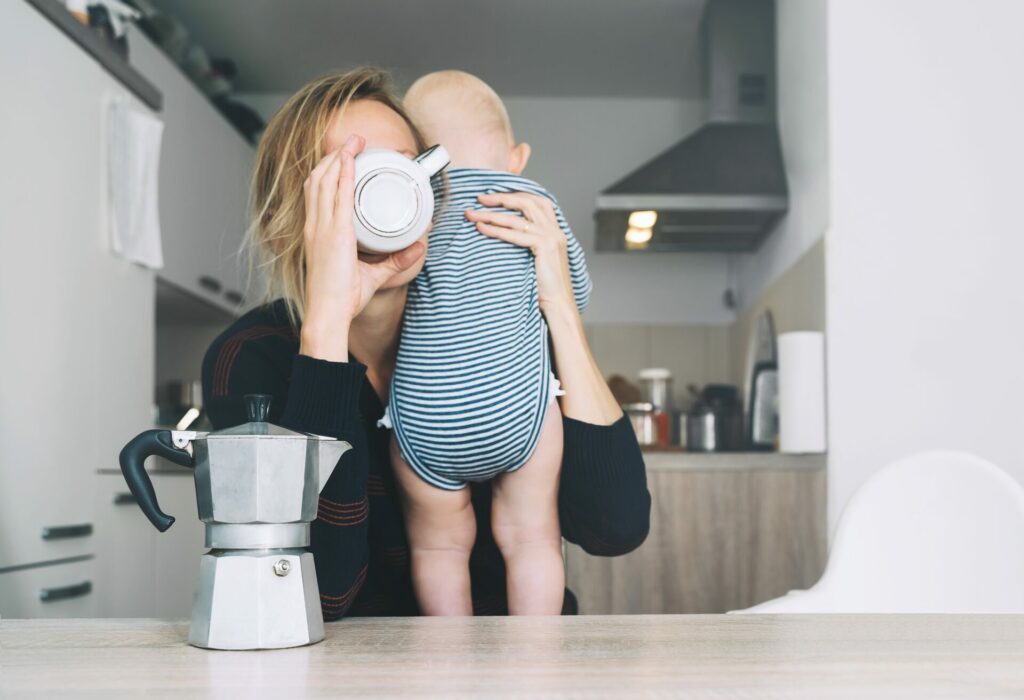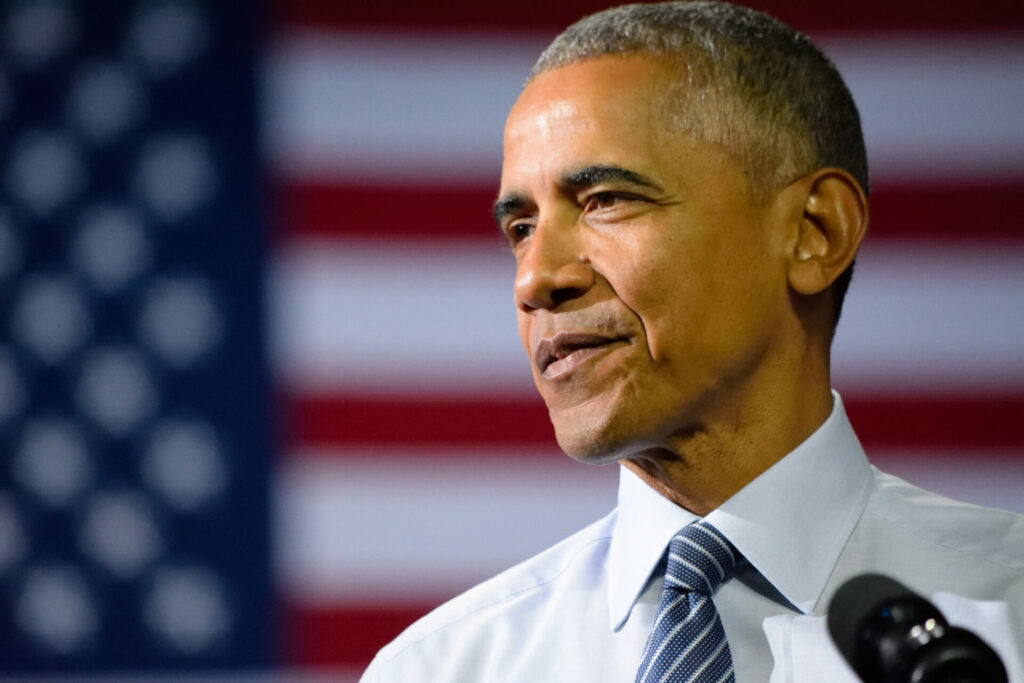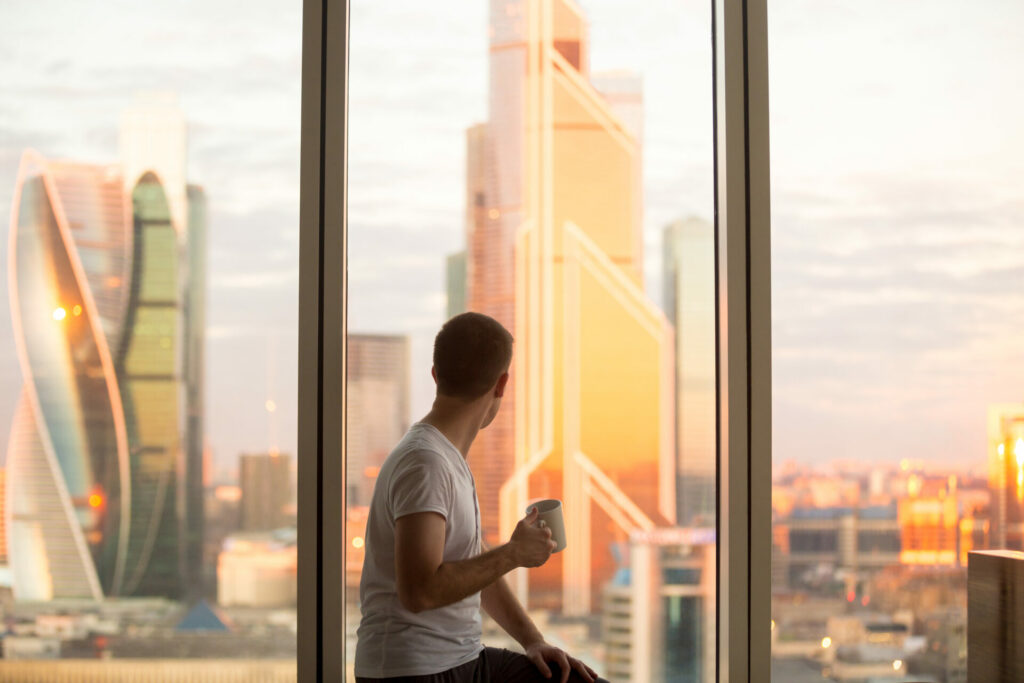Within just 48 hours you can begin to experience hallucinations, instability, and paranoia. Within three days you might have waking dreams and within five you have probably lost all orientation, physically, and in your sense of time. These aren’t the effects of some drug. As many a parent of young children might recognise, these are the effects of sleep deprivation with a 2019 survey suggesting that parents typically lose 109 minutes of sleep every night for the first year of their baby’s life.
Small wonder then that, more than inflicting pain, or terror, it’s been considered the most effective form of ‘enhanced interrogation’ since the witch trials of 16th century Scotland. ‘Anyone who has experienced this desire [for sleep] knows, not even hunger and thirst are comparable with it,’ the Israeli prime minister Menachem Begin once said of his own experience at the hands of the KGB.
The Guinness Book of World Records has it that the record for the longest a human has gone without sleep is 11 days and 25 minutes, a feat achieved by 17 year old Randy Gardner in 1964. He pulled himself out of what was a psychological experiment at Stanford University when, asked to repeatedly subtract seven down from 100, he got to 65 and then said he’d forgotten what he was meant to be doing. Unsurprisingly, the Guinness Book of World Records no longer records attempts at sleep deprivation.

Of course, most people’s experience of a lack of sleep is nothing so terrible. But Begin and Gardner’s experience speaks, perhaps, of how we underestimate just how sleep affects us: how just shaving off an hour a night for a prolonged period can have profound health effects.
‘What effects can reduced sleep have over the longer term? Well, there’s the negative impact on mental health and emotional stability,’ says Erla Bjornsdottir, a post-doctoral researcher in sleep at the University of Iceland. ‘Then there’s the hormonal changes that come, which affect your appetite and lead you to crave quick energy, low nutrient foods, which come with weight gain. And then you’re so tired so you exercise less, which in turn enhances problems relating to stress, which in turn makes the subject more open to infection or depression… Really, health-wise, there’s not much getting enough sleep doesn’t affect badly.’
CEOs Martha Stewart, Richard Branson and politicians Teresa May Angela Merkel and Margaret Thatcher helped make a lack of need for sleep somehow commensurate with the go-getting stereotype of successful people
That’s a message that doesn’t always seem to be hitting home. Sleep habits may have changed – prior to the 18th century it was typical to have two distinct periods of sleep over a night, with a spell of wakefulness in between and the afternoon nap was typical until factory work required the imposition of fixed hours.
Short Sleepers
But our respect for sleep’s importance seems to be waning. An American Cancer Society survey in 1960 had just two per cent of adult respondents saying they got fewer than six hours of sleep per night – what those who study sleep dub ‘short sleepers’. By 2004, a National Health Interview Survey in the US reported that figure had climbed to 30 per cent.
Sleep averages have declined by two hours over the last century. That’s a pace that, neurologists say, it’s impossible for our brain to evolve in response to. And, no, contrary to belief, you can’t ‘catch up’ on a working week’s lack of sleep by having a weekend lie-in, as good as that might feel. The brain doesn’t work that way.

It’s also a pace that, perversely, the culture not only exacerbates – the 24/7 society, digital media and addictive devices, all those energy drinks – but seems to think admirable too. There’s a litany of high-profile CEOs – Jack Dorsey, Martha Stewart, Indra Nooyi, Richard Branson, Tom Ford and politicians, Barak Obama, Teresa May, Angela Merkel, Margaret Thatcher – whose public statements have helped make a lack of need for sleep somehow commensurate with the go-getting stereotype of successful people. As it turns out, most people who claim to get by just fine on less-than-average sleep turn out to be insomniacs.
As Matthew Walker, author of (the recommended) Why We Sleep, has noted, we don’t accuse a sleeping baby of laziness ‘because we realise that at that stage of life sleep is absolutely essential.’ Yet somewhere along the line we abandoned the notion that sleep is similarly essential through our lifetimes. He argues that we’re consequently facing a public health pandemic comparable to smoking 50 years ago.
‘The problem is that most people suffering the negative effects of a lack of sleep don’t even realise it. It’s like being drunk. You think you’re OK.’
‘There’s this idea that getting by on [actively chosen] less sleep is something to be proud of, an idea that has particularly taken hold in the west. Here it’s as though to sleep is to be inefficient,’ notes Dr. Raphael Vallat, a research scientist at the Center for Human Sleep Science, University of California. ‘But the fact is that nobody can function as well on, say, four hours of sleep as they can on eight hours. It’s just not possible, given the way the brain works and the ways in which sleep is essential to brain and body functions. The problem is that most people suffering the negative effects of a lack of sleep don’t even realise it. It’s like being drunk. You think you’re OK.’

Unfortunately, it’s not easy to convince short-sleepers of the impact of their habit because the science of sleep is still in its infancy. We don’t yet fully understand why we typically need a full eight hours’ sleep for the best health outcomes. Or why the health effects of getting too much sleep — more than 10 hours every night — can be just as marked as those of getting too little.
Sleep Apnoea
What we do know is that sleep is essential to the vital brain processes of repairing cellular damage, removing toxins that accumulate during the day, and in laying down memories, and that all animals sleep, humans being the only animal to actively neglect it. This lack of understanding is why, for example, half of all middle-aged men have some form of sleep apnoea, and yet 80 per cent of cases go undiagnosed.

But perhaps we are, as it were, slowly waking up to sleep’s importance. Sleep is finally becoming a serious area of academic research – some recently suggesting we’re more likely to be aggressive, and even to lie, when sleep-deprived; sleep trackers have become more commonplace for ensuring we get through those ’10,000 steps of bedtime’; and, as Vallat notes, some public figures, the likes of the publisher Arianna Huffington and Apple’s boss Tim Cook, have become proselytes for getting your head down for eight hours a night. Apple’s business does not seem to be suffering for Cook’s reduced desk time.
‘But we really need better education, from school age onwards – some kind of public health recommendations about sleep in the way there are now about nutrition,’ says Raphael Vallet. ‘Ask someone to choose between healthy and unhealthy foods and most people have a good idea. Ask people about the various stages of sleep, or what happens during sleep, and most people have no idea. And that’s amazing given that we spend a third of our lives asleep.’









